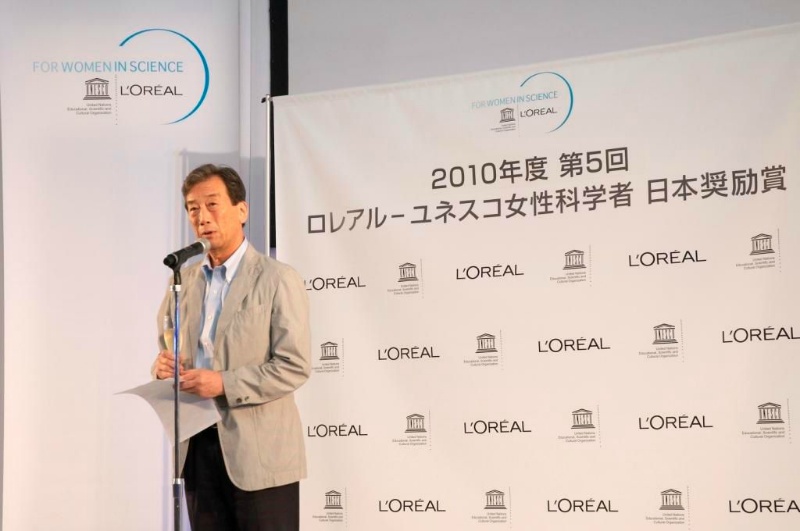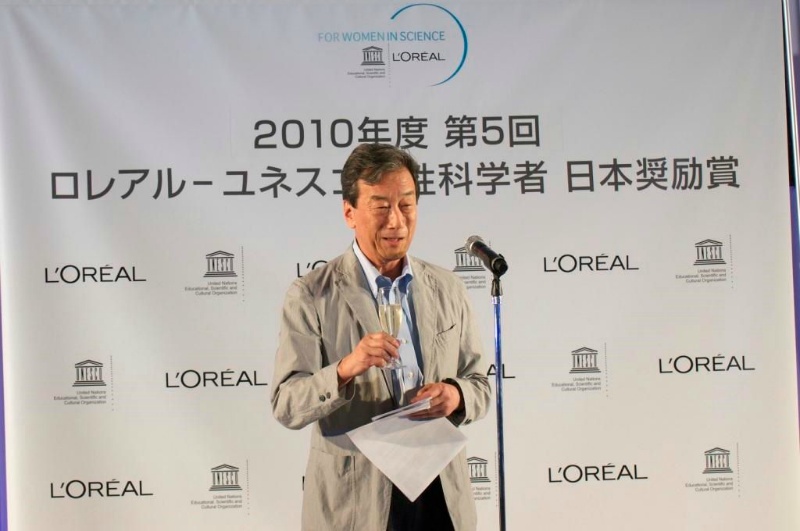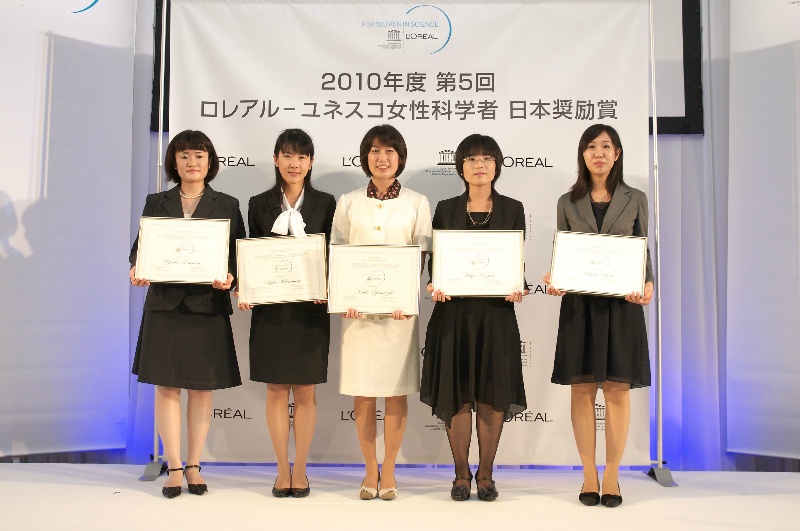Two things are now hot topics recently and I have introduced them to you in my website postings. One is‘Justice’ by Professor Michael Sandel (Ref.1) and another is ‘Learning on Web’ (‘web de manabu’ ?a book in Japanese) written by Mr. Umeda and Dr. Iiyoshi.
The television program showing Dr. Michael Sandel’s lecture series at Harvard (On-line viewing is available) gained a tremendous popularity, so much that he was invited to Japan in August. On the other hand, you could say that this reaction may be typically Japanese.
‘Learning on Web’ is likely to receive a big reaction, also. I see many good comments on the web, blogs and twitter.
Why?
Professor Sandel tries to make students ‘question the essence of the issues’ that exist in various examples from every day life and have them think ‘why?’. And from this process of thinking the students will understand the universal nature of the problems and also unique to each problem, leading students to experience the process of raising philosophical question of ‘What is Justice?’. I believe this is the reason why the students and viewers of the television broadcast were so ‘intellectually stimulated’ by his lecture series ‘Justice’. Most people must have felt as if they were awaken because they rarely, if not at all, have shared experiences of ‘thinking by themselves’ in lectures at universities.
Dr. Iiyoshi notices this reasoning process and is commenting on it in his blog. To my delight, he captures my blog comments that I share with him his desire of ‘raising questions’ to people, the desire which he and Mr. Umeda aimed to make clear in this book. This process has been quite pleasent exchanges to me.
I feel that in our everyday life or in the process of education, the most lacking element is the attitude or habit of constantly asking ‘why?’; ‘teachers and learners’ thinking together, the process which is an attitude more conducive of learning. Generally speaking this process is very weak in Japanese education or trainings in schools, companies or other organizations. ‘Guidelines’, ‘Textbook authorizations’, tend to prevail. The same could be said for our laws and we tend to think they are given to us. ‘Hierarchical’ thinking lies in the basis of everything here, I should say.
In classrooms, typically, things are taught in descriptive style as if the teachers have all the answers. There are few asking questions together, no thinking together. Even in higher education (universities) basically what they do is conveying of knowledge. This is precisely the reason why the lecture of Professor Sandel is so stimulating to many of Japanese. We have, in Japan, so many ‘How To’ or ‘Know How’ lectures being delivered because of its popularity, but I mind you that the most important thing is to think ‘Why?’
In this open and flattening ‘knowledge society’, you must challenge your thinking by stimulating your intellectual ability and capacity. Nothing will begin if you will only ‘Wait for Instructions’. I am certain that Professor Sandel and a book ‘Learning on Web’ are causing so much excitement among (Japanese) people because these two are sending out ‘Intellectual Challenges’ that exist in the minds of everyone of us
.



